Sean “Diddy” Combs’ legal team is facing a daunting task. More than 50 witnesses – including A-list stars – are set to testify against him for throwing “freak-off” parties where victims were allegedly sexually abused and drugged. Crystal clear surveillance footage shows him beating up his girlfriend. And it will all play out at trial in the Southern District of New York where the conviction rate hovers above 90 percent.
For one of the biggest names in hip-hop to avoid spending the rest of his life in jail, his attorneys have to be brilliant – and they’ve already signaled a formidable strategy to counter the sex trafficking, racketeering and prostitution charges
But you need more than that to have even a shot at winning such a high-profile case with the odds so heavily stacked against you. As I know very well after representing Anna Sorokin, the so-called “fake heiress.”
During Anna’s trial, I didn’t just defend her – I reframed her. I told the jury a story they understood: a young woman navigating New York’s cutthroat world by playing the game the way the city rewards. I leaned into the performance, because performance was the truth of that case.
And it worked – she was acquitted of the most serious charges.
Here the playbook won’t be all that different. The case won’t be about whether his behavior was excessive – it’ll be about whether it was criminal. And the defense will have to tell a story that makes jurors reconsider everything they think they know: that the people around him weren’t victims, they were participants. Adults who knew exactly what they wanted from him – access, fame, opportunity – and were willing to do whatever it took to get it.
So the real question becomes: in a world that runs on power and proximity, what happens when regret shows up wearing the clothes of victimhood?
I anticipate his defense to come out swinging on one key point: consent. This won’t be a blanket denial – it’ll be a reframing. Yes, Combs hosted wild parties. Yes, some of the conduct was explicit, even extreme. But the defense will argue that every adult involved knew exactly what they were doing and they agreed to it.
They’ll argue these weren’t powerless victims – they were ambitious individuals who wanted access, status, money, or career breaks and they knew Combs could open doors. He didn’t lure them – they came to him, and many would have done almost anything to stay in his orbit.
The government will try to spin decadence into criminality, but in court, the difference between scandalous and illegal still matters. The defense’s job will be to make that distinction stick, showing that what prosecutors are calling coercion was, in fact, consensual behavior among adults navigating the blurred lines of fame, power and sex.
I’ve been there, where Diddy’s legal team is now – facing a mountain to climb, representing one of the most famous – and, for some, one of the most notorious – people in the country. Take it from someone who’s fought in those trenches with a client whose every move was scrutinized by millions: the pressure is unreal.
The so-called “fake heiress” whose story became Inventing Anna turned a criminal trial into a streaming drama and the spotlight was relentless. My shayne punim was everywhere. Every courtroom move, every strategy, was under a microscope.
That case gave me the chance to refine a kind of trial strategy that’s part legal, part performance and all about managing the chaos that comes with defending someone at the center of a media storm. The public didn’t just tune in – they lived and breathed every twist and turn of the trial.
When Netflix turns your trial strategy into a show, people remember your name – even if they associate my face with Arian Moayed, the actor who played me. That’s the nature of these high-profile cases: they’re not just about the law. They’re about crafting a narrative, playing the media game and delivering results in a way that resonates both in the courtroom and out.
So when you look at Diddy’s defense team, it’s clear he’s got a lawyer for every angle – courtroom tactics, media strategy, jury psychology and everything in between. It’s a war on multiple fronts. That’s the power of having an endless bankroll: you get the best of the best and when every detail counts, you make sure every detail is covered.
Criminal defense attorney Brian Steel is not afraid to go to war with the judiciary. While representing rapper Young Thug he argued with the judge and was held in contempt. However, he fought back and had the contempt charge overturned. The judge was recused from the trial after the incident.
Alexandra Shapiro, a former law clerk for Ruth Bader Ginsburg, with her appellate mindset, will help shape the strategy from the beginning of the case – spotting reversible errors and preserving issues for appeal.
Anna Estevao, a constitutional rights expert, brings a unique mix of legal insight and social and cultural awareness. While Linda Moreno, a jury consultant, will ensure the team selects a jury that can deliver a fair verdict despite the media frenzy.
Visual representation in the courtroom matters. The prosecution is composed entirely of white women, while the defense team reflects a range of cultures and backgrounds. This diversity is a powerful and necessary signal for the jury.
But there’s another layer few lawyers talk about publicly, but everyone understands.
In 2025, success as a criminal defense lawyer isn’t just about litigation skills. You have to be part tactician, part backroom negotiator, part forensic storyteller – and, whether you like it or not, part public figure. You have to research like a scholar, fight like a street brawler, and, at times, grovel like a beggar.
I’ve done all of it. I’ve argued the law one day and hunted down a security guard with a key piece of video the next. I’ve spent hours persuading prosecutors that what looks like criminal conduct is actually just human failure. None of it is glamorous, but all of it matters.
Another side of the modern business that few talk about is that you can still be invisible even if you’re brilliant. The courtroom is only half the battle. The other half is fought in the media, in podcasts, on panels and – these days – in TikTok videos.
That’s why lawyers take on high-profile clients, even when the odds are long. Did anyone truly believe El Chapo would walk? Of course not. But to be part of that team meant national coverage, international reach, and – more tangibly – a line in your bio that opens doors for years.
Lawyer’s are all performing now – posing in courthouse selfies, doing TikTok skits about cross-examinations, branding themselves like influencers. You have to do it. It’s marketing. But if you’re a serious criminal defendant, do you really want your lawyer dancing in Reels and chasing clout between filings?
However, there’s a difference between visibility and spectacle. And when your freedom is on the line, you don’t need a lawyer who’s all in the videos. You need one who knows how to disappear into the work.
I applaud Diddy’s team for knowing the difference.
But even the most capable attorneys can only do so much when the case is stacked against them. In a trial like this, with such high stakes and intense public pressure, a favorable outcome is far from guaranteed. It’s not about the skill of the team – it’s about whether Diddy can escape the weight of the charges and the baggage of his fame.
Sometimes, even with the best legal minds on your side, the deck is just too stacked.



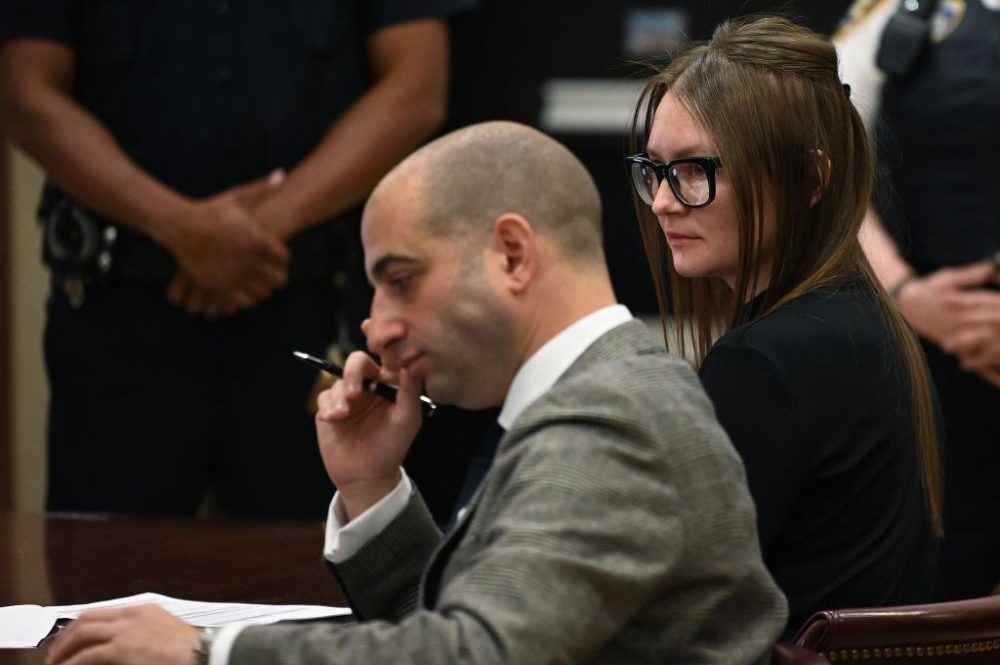









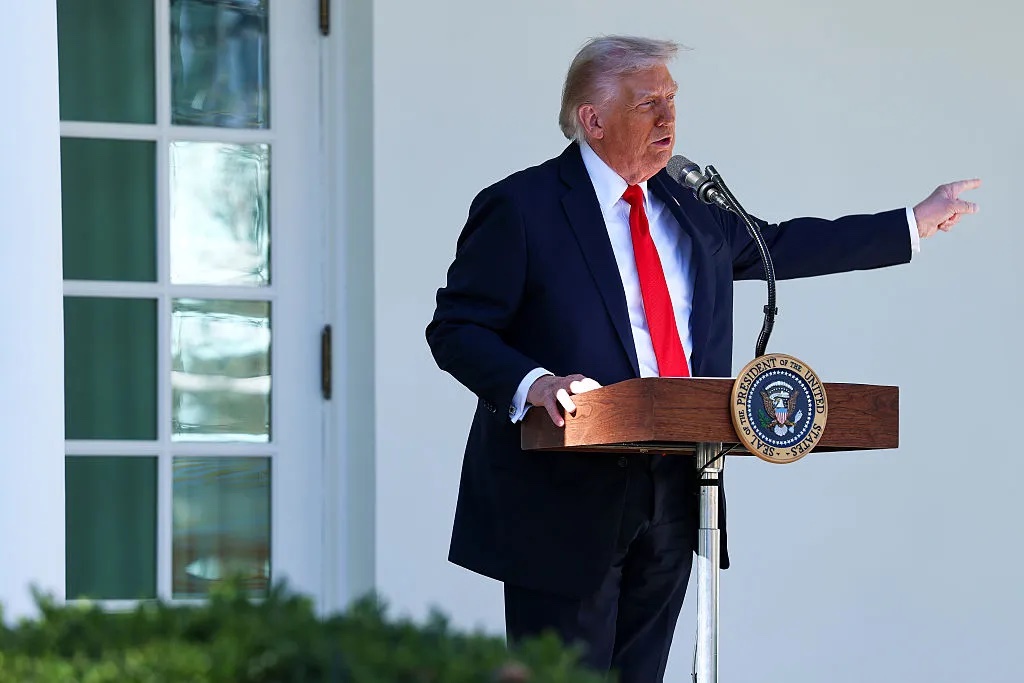


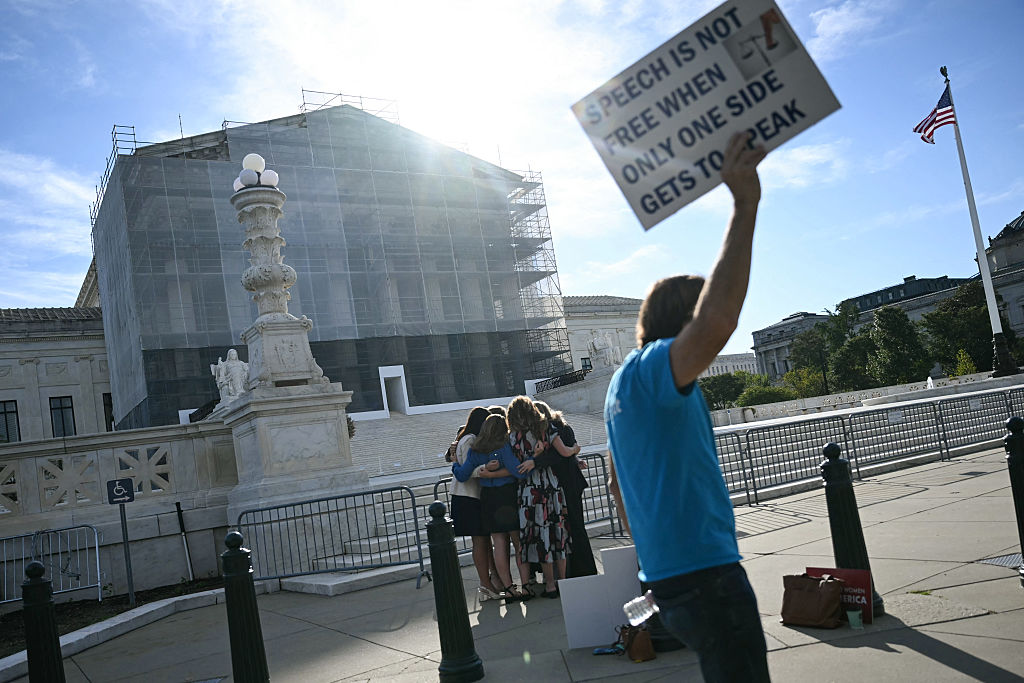
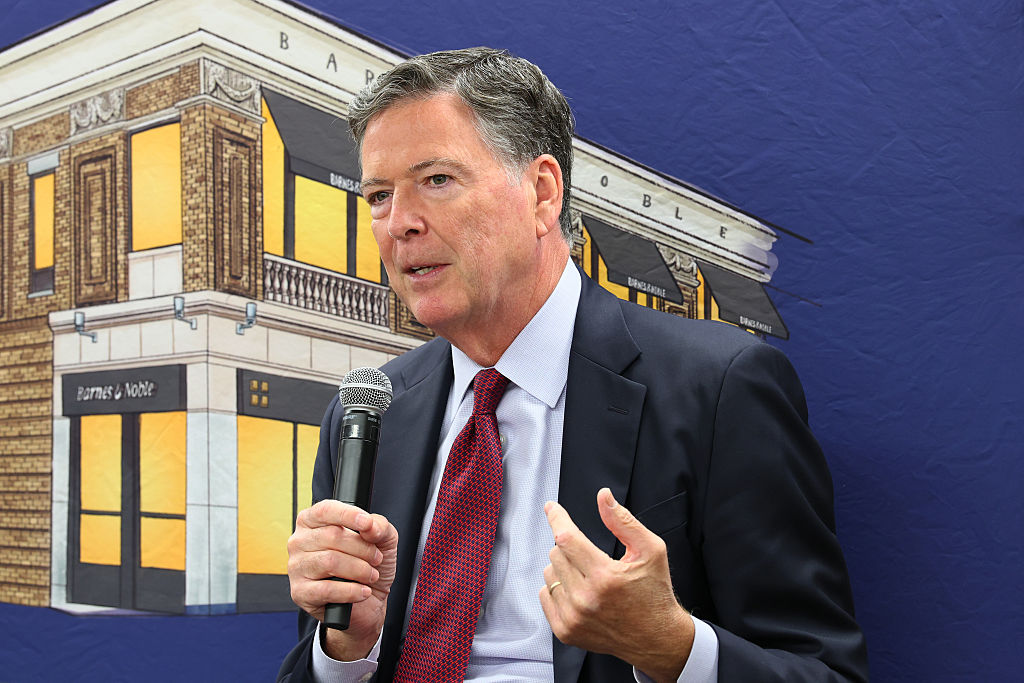
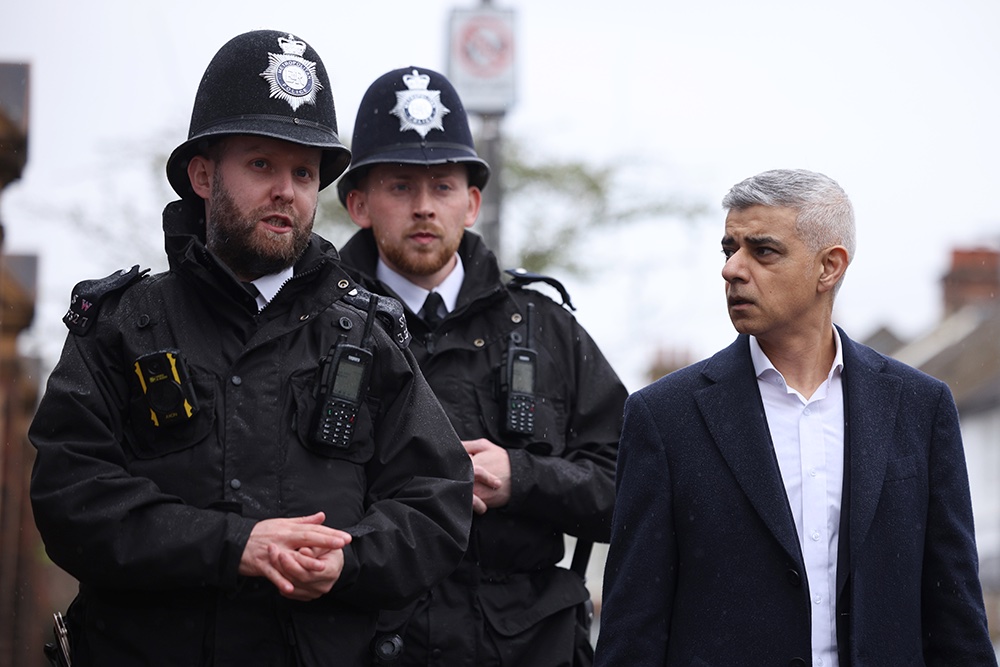







Leave a Reply